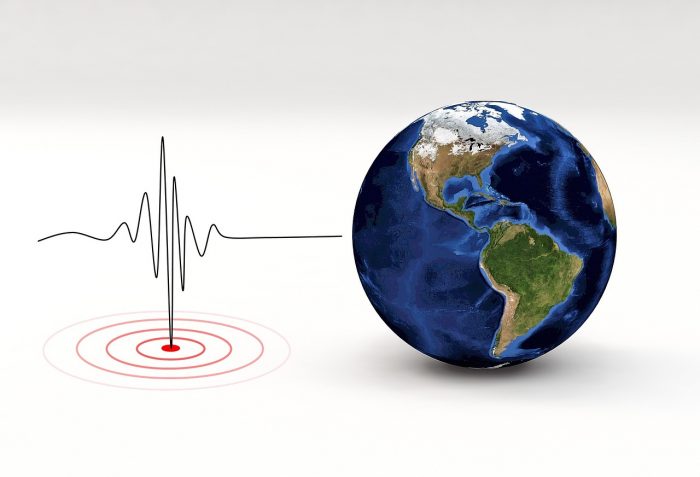By Daniel Dunaief

I used to liken the process to sitting on a highway divider where the speed limit was 70 miles per hour, holding a notebook and trying to read and record as many license plates as I could, sometimes in the pouring rain, under a bright sun, or in thick fog.
Working for a wire service, with its 24-hour news feed and its endless space for stories, was exhilarating and exhausting. My editors sometimes called me at 4 a.m. to tell me about an important story that was breaking and to encourage me to come into the office to get to work.
Oh, and every three months, when the companies I covered reported earnings, I’d arrive at work for at least a week around 7 in the morning, wait for the numbers to come out, and then spend the day reading the reports, talking with analysts and investors, getting on media conference calls with top executives and watching the stock price of the company rise and fall.
My job was to search through all that information to anticipate how people would react to piles of electronic news.
It was a great opportunity to write on deadline and to experience the absurd. One day, I helped write a few headlines and then had to use the bathroom. As I pushed the door open, my editor, following uncomfortably closely behind me, hovered.
“Can I help you?” I asked, as I stopped and turned around.
“Yeah, how long are you going to be in here?” he asked in his usual staccato, urgent tone.
“As long as it takes,” I shrugged.
“Yeah, well, there’s a headline out there and you need to send out the first version of the story within 15 minutes,” he reminded me, as if I didn’t know our rules.
“I know,” I said, “and I’m sure my system will comply with the requirements.”
Those were tough days at the office.
I’m sure everyone has difficult days at work, whether it’s a police officer dealing with someone who is in an altered, drug-induced state who may be a danger to himself or others, a teacher helping a high-stress student prepare for a standardized test, a truck driver taking a long detour around a crash site, or any of the many other possible strains or obstacles between the start of the day and the workload.
Recently, I spoke with several climate scientists who are a part of the Science on Stage free celebration at Stony Brook University’s Staller Center, which is coming up on October 28th at 4 p.m. (see related story in the Arts & Lifestyles section).
These scientists endure everything from creature discomforts, to resistance to the work they’re doing, to their own deadlines and the need to conduct their studies, publish their results and apply for funding.
Indeed, Elizabeth Watson, Associate Professor in the Department of Ecology & Evolution at Stony Brook University, shared several challenging moments.
“I’ve gotten stuck in the mud, covered with ticks, I’ve gotten Lyme, crawled across mudflats, pushed boats across mudflats, had to row our power boat back to the launch ramp more than once, [and] got forgotten about on a raft in a lagoon,” Watson wrote in an email.
Each of those challenges could have become the focal point of action for a biopic about a scientist.
Heather Lynch, Professor in the Department of Ecology & Evolution, explained that her research on penguins in Antarctica requires considerable advanced planning.
“The main challenge of working in Antarctica is really the uncertainty imposed by the weather and logistics,” she explained in an email. “It’s not enough to have Plan B, it’s more like Plan B through Plan F and then some. Covid and now avian flu have made an already difficult situation even harder.”
Still, at their most challenging moments, waiting for the weather to change, hoping someone will remember to pick them up, or living without creature comforts, these researchers find joy and derive satisfaction in doing valuable and constructive work.
“I’m like a bricklayer, adding more bricks to an enormous wall of knowledge that was started long before I started working on penguins and will continue to be built long after,” Lynch wrote.
Or, to put it another way, Watson wrote that “I love my job! No regrets.”














